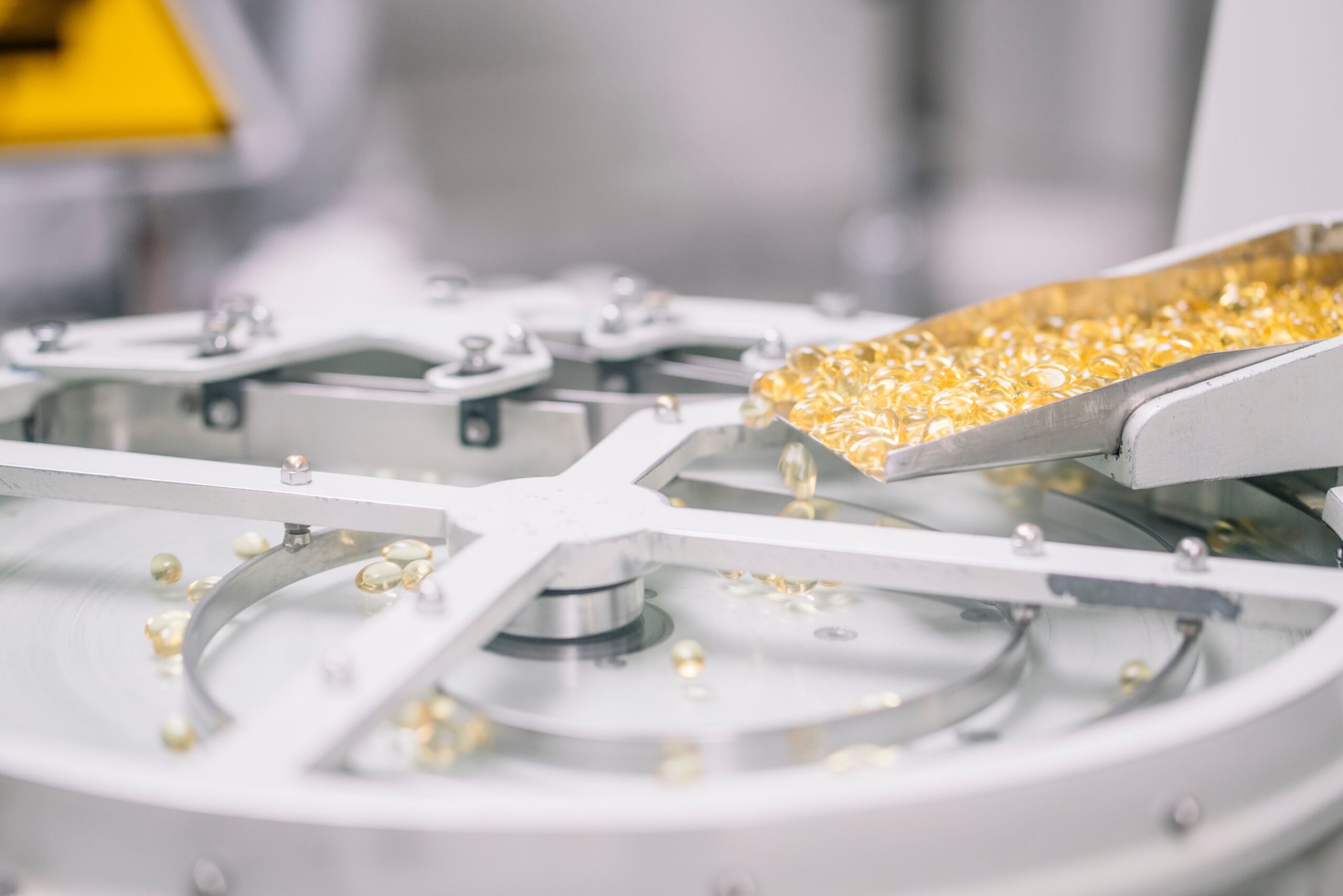In the world of pharmaceuticals, compounding plays a crucial role in providing personalized medications tailored to the unique needs of patients. The Drug Quality and Security Act (DQSA) of 2013 introduced significant changes in how compounding pharmacies are regulated, leading to the establishment of two distinct types of compounding pharmacies: 503A and 503B. Each type has its own set of guidelines and purposes, which can sometimes be confusing for healthcare providers and patients alike. This blog aims to clarify the key differences between 503A and 503B compounding pharmacies.
503A Compounding Pharmacies
503A pharmacies are traditional compounding pharmacies that customize medications for individual patients based on specific prescriptions. These pharmacies are typically smaller operations, often found in local communities, and their primary goal is to meet the unique medical needs of patients who require tailored treatments.
503A pharmacies are regulated by state boards of pharmacy and must adhere to standards set by the United States Pharmacopeia (USP), particularly USP <795> for non-sterile compounding and USP <797> for sterile compounding. While the FDA does have oversight, it is more limited compared to 503B facilities.
Key Features of 503A compounding pharmacies:
- Patient-Specific Prescriptions: Medications are compounded in response to individual prescriptions, ensuring each preparation is customized for a specific patient.
- Smaller Scale Production: These pharmacies typically produce smaller quantities of compounded medications.
- Increased Flexibility: They can create medications in various forms, dosages, and combinations that are not commercially available.
503B Compounding Pharmacies
503B compounding pharmacies, also known as outsourcing facilities, were established to provide a higher level of quality assurance for compounded medications intended for use in healthcare facilities, such as hospitals and clinics. These facilities can produce medications in bulk without requiring patient-specific prescriptions, allowing them to serve larger populations.
503B facilities are subject to stringent regulations by the FDA and must comply with current Good Manufacturing Practices (cGMP), similar to those required of pharmaceutical manufacturers. This ensures a higher standard of quality and consistency in their products.
Key Features of 503B compounding pharmacies:
- Bulk Production: These facilities can produce large quantities of compounded medications, making them suitable for supply to healthcare institutions.
- FDA Registration and Inspection: 503B pharmacies must register with the FDA, undergo regular inspections, and meet rigorous cGMP standards.
- Increased Quality Control: Enhanced quality control measures ensure the safety, potency, and purity of the medications produced.
Understanding the differences between 503A and 503B compounding pharmacies is essential for healthcare providers and patients for several reasons. 503B facilities provide an additional layer of safety and quality assurance, which is critical for medications used in hospital settings where sterility and consistency are paramount. 503A pharmacies offer personalized medications that cater to the specific needs of individual patients, which can be vital for those with unique medical conditions or allergies to certain ingredients in mass-produced drugs.
503A pharmacies are accessible and can offer customized solutions that are not available through standard commercial medications while 503B pharmacies ensure a steady supply of high-quality compounded medications to healthcare facilities, supporting patient care on a broader scale.
Compliance with state regulations and USP standards is crucial for 503A pharmacies to ensure patient safety and medication efficacy, meanwhile adherence to FDA regulations and cGMP standards by 503B pharmacies helps maintain the integrity and reliability of bulk-compounded medications.
Both 503A and 503B compounding pharmacies play vital roles in the healthcare system, each catering to different needs within the medical community. 503A pharmacies focus on personalized patient care with customized medications, while 503B pharmacies provide large-scale, quality-assured compounded medications for broader use in healthcare facilities.
With expertise in regulatory, quality, and compliance, as well as operations and clinical services, EMMA International is your single-source pharma consulting solution. Our in-house experts, combined with our scientific partners, ensure a seamless experience that complies with all standards as well as your protocols. Learn more by calling 248-987-4497 or email info@emmainternational.com today.
FDA (April 2024) Compounding Inspections and Oversight Frequently Asked Questions retrieved from: https://www.fda.gov/drugs/human-drug-compounding/compounding-inspections-and-oversight-frequently-asked-questions





